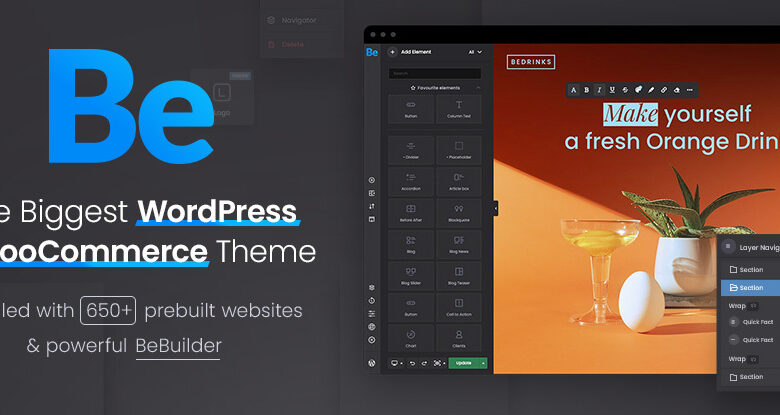My name is Mason Ellwood, and I’m currently working on Flatiron School’s Online Full Stack Web Development Program. Each week, I’ll be writing about my experience, what I’m learning, and tips on learning to code.
 So far we are progressed nicely with SQLite how to create and manipulate data within them. The Flatiron School does a solid job at explaining these concepts. I so far have been very impressed with The Flatiron School and how they explain concepts in a readable and understandable manner. I have taken other online course that work at explaining the same concepts, but none i have encountered have done quite the same great job as The Flatiron School.
So far we are progressed nicely with SQLite how to create and manipulate data within them. The Flatiron School does a solid job at explaining these concepts. I so far have been very impressed with The Flatiron School and how they explain concepts in a readable and understandable manner. I have taken other online course that work at explaining the same concepts, but none i have encountered have done quite the same great job as The Flatiron School.
But now we will talk about the legend Edgar Codd and table relations.
So what is a relational database? A relational database is a database structure that will recognize the validity of relations among stored items of information. A relational database will allow us to store representations of our ruby objects and preserve the relationship between those objects when we store them.
In a relational database, every row has a number which is a primary key. Relationships between tables can be established by using a foreign key column, that uses that primary key of another table to refer to a member of that table.
Keep in mind, primary keys are always unique. As an example, unlike the name associated with the unique number of a row. Foreign keys are always numbers. This makes accommodation of a name change within the database to change with ease.
This makes the storage and change of data easy to navigate, and this is all thanks to Edgar Codd. He invented this concept of the relational database so he would be able to store data in tables, index them with primary keys, and relate them with foreign keys to normalize the data.

Edgar Codd
“At this time, Nixon was normalizing relations with China. I figured that if he could normalize relations, then so could I”
– Edgar Codd

Don Chamberlain
Him with the help of Don Chamberlain, they created SQL. Before SQL, database queries where all about where data was stored, instead of what data a user is looking for.
In the next post we will talk about how to set up this structure, but i will leave you with that for now. With the help of these two men, they have made databases more user friendly and allow the developer to easily manipulate data given there program.





Leave a Reply